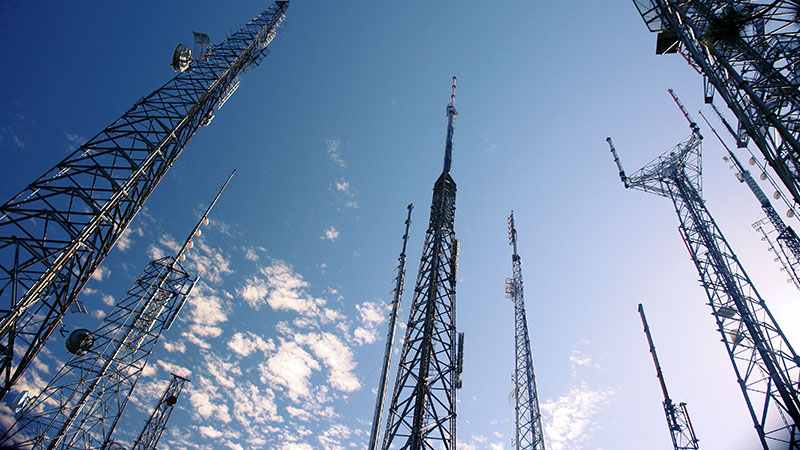
California Forward (CA FWD), the California Economic Summit network and its partners have long advocated for the need to ensure affordable and high-speed broadband to all Californians.
“Not only is bridging the digital divide an issue of equity, it’s an imperative if we are to provide more Californians with access to job opportunities, tele-medicine, education and much more,” said Micah Weinberg, CEO of CA FWD.
The pandemic has highlighted the dire need to move quickly on providing access, especially to underserved and underinvested communities, and to act upon the Broadband for All Initiative Governor Newsom first announced at the 2019 California Economic Summit in Fresno. With one in eight families in California disconnected and nearly one million school-aged children with no internet connection, the lack of access is creating additional hardships during a time when connectivity is more essential than ever. As the California Dream Index shows, broadband access is less accessible for Black, Latino and tribal communities in California.
When Assemblymember Cecilia Aguiar-Curry announced she would introduce the Internet for All Act of 2021 with bi-partisan and bi-cameral support from Sen. Lena Gonzalez at the 2020 California Economic Summit on Friday, Dec. 4, it created real momentum for much needed progress.
“My Internet for All Act of 2021 will provide the necessary funding and bonding capacity to pave the way for the statewide investment in future-proof infrastructure and high-speed Internet access for all,” said Aguiar-Curry, a Democrat who represents Northern Californians in Napa, Sonoma, Lake, Yolo and other counties, during the Summit. “We will prioritize Internet connectivity in our California neighbors in both rural and urban parts of the state, and who have been left behind way too long.”
Introduced Monday, Dec. 7 by Aguiar-Curry, AB-14 would authorize the ongoing collection of an existing surcharge on revenues collected by telecommunications providers from customers. The surcharge funds the California Advanced Services Fund (CASF), which provides rural and urban communities with grants administered by the California Public Utilities Commission (CPUC). This critical source of funding for addressing the digital crisis is currently set to expire at the end of 2022. AB-14 also addresses other reforms to CASF.
Gonzalez introduced SB-4, Monday, which similarly would implement changes in the CASF program. Although the two bills have differences, SB-4 also would authorize the ongoing collection of the CASF surcharge, capping it at 23 cents per month per access line.
Both bills contain provisions for ensuring that CASF-funded projects deploy infrastructure capable of providing higher broadband speeds than currently required, with a goal of achieving broadband access speeds of 100 megabits.
“The COVID-19 Pandemic has exacerbated the deeply entrenched digital divide, which has left many lower income, Latino, African American, and rural communities without access to high-speed broadband services,” said Gonzalez, a Democrat representing the greater Long Beach area, in a press release.
Also introduced Monday by Assemblymembers Al Muratsuchi, Eduardo Garcia and Miguel Santiago, and co-authored by Sen. Steve Glazer was AB 34, the Broadband for All Act of 2022, setting the stage for a voter-approved bond measure to fund increased access to broadband services in rural, urban, suburban and tribal underserved communities.
CA FWD and its partners will continue supporting bi-cameral action to close the digital divide.

